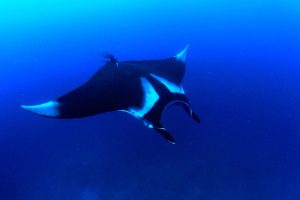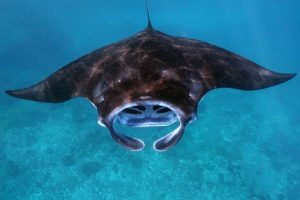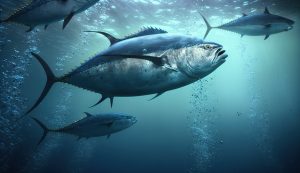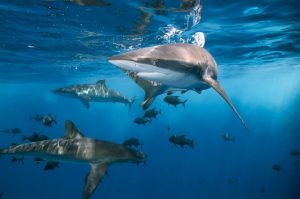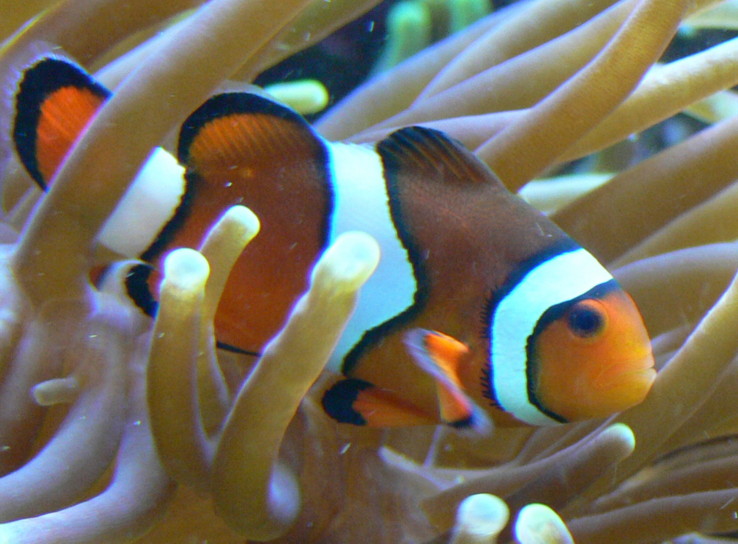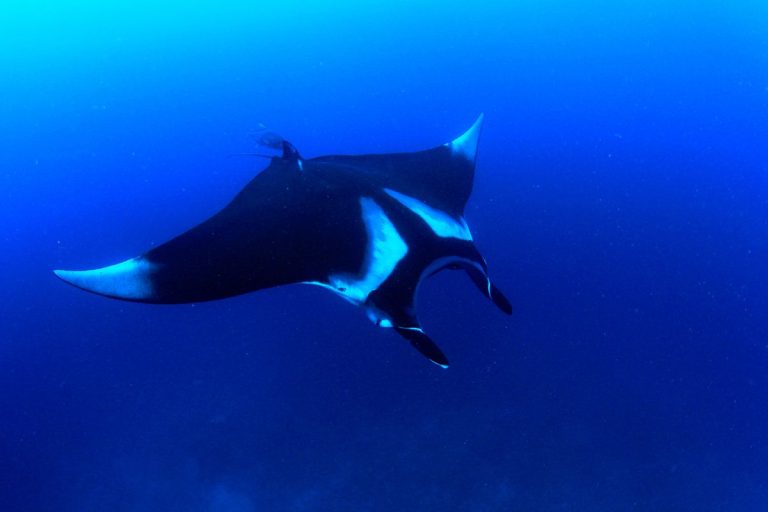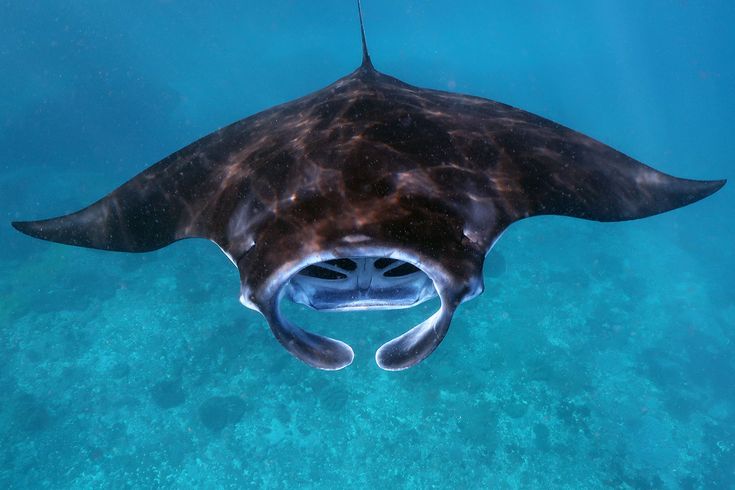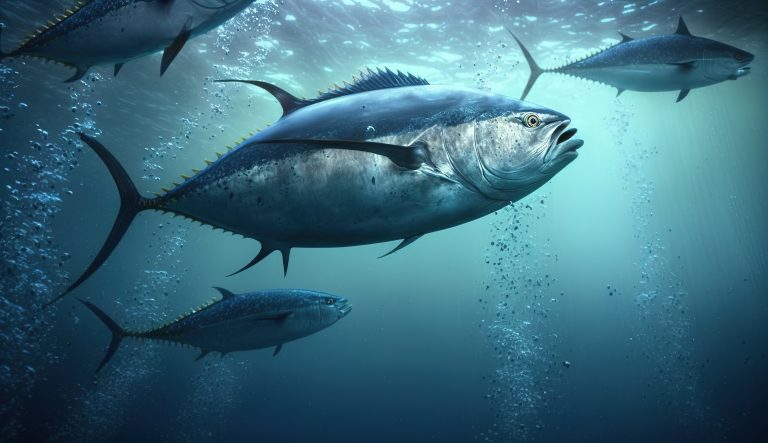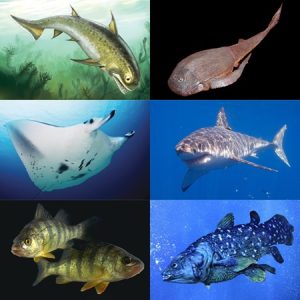The marine biodiversity of our oceans encompasses a vast array of species, among which fish play a crucial role in maintaining ecological balance. One such intriguing species is the White Ringed Giru Fish, known scientifically as Giru species, which is recognized for its distinctive appearance and ecological significance. This article explores various aspects of the White Ringed Giru Fish, from its physical features and habitat to its role in marine ecosystems and local communities. Understanding these facets is essential for appreciating the importance of this species and ensuring its conservation for future generations.
Overview of the White Ringed Giru Fish in Marine Ecosystems
The White Ringed Giru Fish is a notable member of the marine fauna, often found in tropical and subtropical waters. This species contributes significantly to the biodiversity of coral reefs and coastal habitats, acting as both predator and prey within the intricate food webs. Its presence indicates healthy marine environments, serving as an indicator species for ecosystem stability. The Giru Fish also supports local fisheries, providing food and livelihoods for coastal communities. Its ecological interactions help regulate prey populations and maintain the balance of marine biodiversity.
In marine ecosystems, the White Ringed Giru Fish occupies a mid-level position, feeding on smaller invertebrates and algae while being preyed upon by larger predators such as sharks and larger fish species. This dual role underscores its importance in energy transfer within marine food chains. Additionally, the species exhibits schooling behavior, which offers protection from predators and enhances foraging efficiency. Its adaptability to various reef environments demonstrates its resilience and integral role in maintaining the health of marine ecosystems.
The presence of the Giru Fish also influences the structure of coral reef communities. By feeding on algae and invertebrates, it helps prevent overgrowth that could otherwise suffocate corals, thus promoting reef health. Its interactions with other fish species contribute to the dynamic balance of reef biodiversity. The species’ adaptability to different environmental conditions makes it a resilient component of the marine community, although it remains vulnerable to habitat degradation and overfishing.
Marine conservation efforts increasingly recognize the importance of species like the White Ringed Giru Fish. Protecting its habitats ensures the preservation of its ecological functions and the overall health of reef systems. The fish’s role as a bioindicator highlights the importance of maintaining water quality and habitat integrity. As a part of marine biodiversity, the Giru Fish exemplifies the interconnectedness of oceanic life and the need for sustainable management practices to safeguard these ecosystems.
In summary, the White Ringed Giru Fish is a vital component of marine ecosystems, contributing to biodiversity, ecological balance, and the livelihoods of local communities. Its presence reflects the health of reef systems, emphasizing the importance of conservation efforts aimed at protecting marine habitats from threats such as pollution, climate change, and overfishing. Understanding its role enhances our appreciation of the complex web of life beneath the ocean’s surface.
Physical Characteristics and Distinctive Features of the Giru Fish
The White Ringed Giru Fish is distinguished by its striking physical appearance, making it easily recognizable among marine species. Its body is typically elongated and laterally compressed, allowing swift movement through coral reefs and rocky substrates. The fish’s coloration is primarily a vibrant shade of blue or green, accented by distinctive white rings that circle its body, giving it a unique and attractive pattern. These rings are evenly spaced and prominent, serving as a key identification feature.
One of the most notable features of the Giru Fish is its large, expressive eyes, which provide excellent vision crucial for navigating complex reef environments and spotting prey or predators. Its mouth is small but well-adapted for feeding on tiny invertebrates and algae. The fins are usually translucent, with the dorsal and pectoral fins aiding in precise movements and stability in turbulent waters. The tail fin is forked, enabling quick bursts of speed when escaping threats or pursuing prey.
The scales of the Giru Fish are fine and smooth, contributing to its streamlined shape. Its body is covered with a mucous layer that offers protection against parasites and reduces water resistance. The white rings on its body are often outlined with darker borders, enhancing their contrast against the main body coloration. Juvenile and adult specimens may vary slightly in size, with mature fish reaching lengths of up to 30 centimeters on average.
An interesting aspect of the Giru Fish’s appearance is its ability to blend into its environment through subtle color changes. While generally vibrant, it can adjust its hue slightly to match the surrounding coral or rocky backgrounds, providing camouflage from predators. This adaptive coloration is an essential survival trait in the diverse habitats it occupies. Its distinctive pattern and coloration make it a popular species among underwater photographers and enthusiasts.
Overall, the physical characteristics of the White Ringed Giru Fish combine striking visual features with adaptive traits that facilitate survival in complex reef ecosystems. Its distinctive white rings and vibrant coloration not only aid in species identification but also play roles in communication and camouflage within its natural habitat.
Habitat and Distribution of the White Ringed Ikan Laut Giru
The White Ringed Giru Fish predominantly inhabits tropical and subtropical marine environments, especially coral reefs, rocky outcrops, and coastal areas with abundant shelter. It prefers shallow waters, typically ranging from 1 to 20 meters deep, where it can find ample food resources and hiding spots. Its habitat selection is closely linked to the availability of invertebrates and algae, which constitute its primary diet.
Distribution-wise, the Giru Fish is found across a broad range of the Indo-Pacific region. This includes coastal waters surrounding Southeast Asia, northern Australia, the Philippines, Indonesia, and parts of the Pacific Islands. Its presence in these regions underscores its adaptability to various reef systems and water conditions. The species tends to favor areas with healthy coral growth, as these environments support the invertebrate populations it preys upon.
The species shows a preference for reef slopes and lagoon areas, where the complex structures provide both food and protection from larger predators. It is often observed in schools, especially during feeding periods, which enhances its survival prospects. The fish’s ability to navigate through crevices and overhangs allows it to exploit a variety of microhabitats within the reef ecosystem.
Environmental factors influencing its distribution include water temperature, salinity, and coral health. The Giru Fish thrives in warm, clear waters with stable salinity levels. Conversely, it is sensitive to habitat degradation caused by pollution, destructive fishing practices, and climate change-induced coral bleaching. Such threats can lead to local declines in its populations and shifts in distribution patterns.
Research indicates that the White Ringed Giru Fish may also venture into deeper reef areas during certain seasons or reproductive periods. Its distribution is therefore dynamic and can be affected by seasonal changes in water conditions and food availability. Protecting its habitat is essential for maintaining healthy populations and ensuring the ecological functions it performs within reef communities.
In conclusion, the habitat and distribution of the White Ringed Giru Fish reflect its adaptability to diverse reef environments across the Indo-Pacific. Conservation of these habitats is critical to preserve this species and the broader biodiversity of coral reef ecosystems.
Behavior and Social Structure of Giru Fish in the Wild
The White Ringed Giru Fish exhibits a range of complex behaviors that facilitate its survival and reproductive success in the wild. It is primarily a diurnal species, active during daylight hours when it forages for food among coral reefs and rocky substrates. Its movements are characterized by swift, precise swimming, aided by its streamlined body and well-developed fins, enabling it to evade predators and navigate tight spaces within reef environments.
Schooling behavior is a prominent feature of Giru Fish social structure. Groups can range from small aggregations to large schools that move cohesively through the reef. Schooling provides multiple advantages, including enhanced foraging efficiency, protection from predators through the “safety in numbers” effect, and improved chances of reproductive encounters. The fish often exhibit synchronized movements, which are believed to be coordinated by visual cues and chemical signals.
The Giru Fish also displays territorial behaviors, especially during breeding seasons. Males may establish and defend small territories where they attract females through visual displays and coloration. During these periods, males often engage in courtship behaviors, such as fin displays and specific swimming patterns, to attract mates. Once spawning occurs, males and females release eggs and sperm into the water column, a reproductive strategy known as broadcast spawning.
Communication among Giru Fish involves visual signals, such as body postures and color changes, as well as chemical cues released into the water. These signals help coordinate group movements and reproductive behaviors, ensuring successful mating and survival of offspring. Juvenile fish tend to stay within sheltered microhabitats, forming smaller groups until they reach maturity and join larger schools.
The species’ behavior is also influenced by environmental factors like predation pressure and resource availability. During times of increased threat from predators, Giru Fish tend to stay in tighter schools and seek refuge among coral structures. Their social interactions and behavioral plasticity contribute significantly to their resilience within dynamic reef ecosystems, although ongoing habitat disturbances pose challenges to their natural behaviors.
In summary, the White Ringed Giru Fish demonstrates sophisticated social and behavioral adaptations that optimize its survival, reproductive success, and ecological interactions within reef communities. Its social structures and behaviors are vital for maintaining healthy populations and ensuring its continued role in marine ecosystems.
Diet and Feeding Habits of the White Ringed Ikan Laut
The White Ringed Giru Fish primarily feeds on small invertebrates, algae, and planktonic organisms found within coral reef environments. Its diet reflects its role as an omnivorous species, capable of exploiting a variety of food sources available in its habitat. This dietary flexibility allows it to adapt to changing environmental conditions and resource availability.
In terms of specific feeding habits, the Giru Fish often forages by sifting through the substrate and coral crevices for tiny invertebrates such as crustaceans, mollusks, and worms. Its small mouth and agile swimming enable it to pick at algae and biofilm growing on rocks and coral surfaces. It also consumes planktonic particles that drift through the water column, especially during daylight hours when plank

